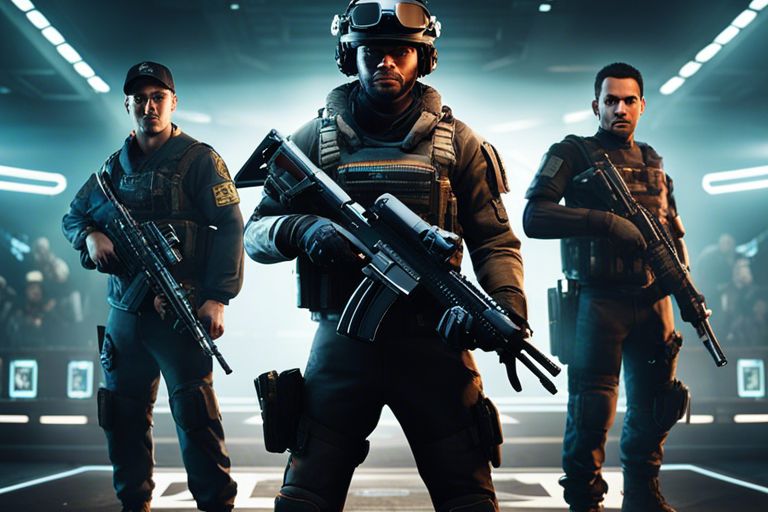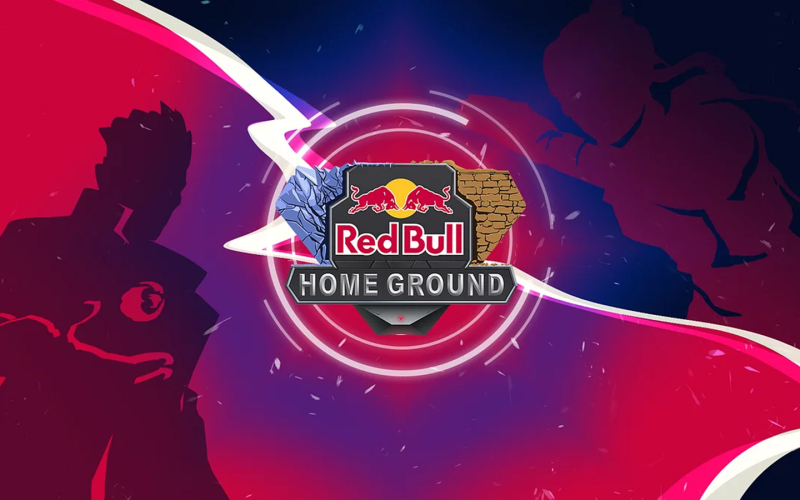It’s crucial to comprehend the intricacies of the Valorant ranking system to navigate your way to the top tiers of this competitive first-person shooter game. In this comprehensive guide, we will probe into the fundamentals of the ranking system, discuss the important factors that influence your rank, and provide tips on how to climb the ladder effectively. Understanding how your performance and wins impact your standing is key to advancing in Valorant’s ranked mode. Let’s break down the key elements and shed light on how you can elevate your ranking in Valorant.
Ranking Tiers and Divisions
Explanation of Tiers
On the journey through the Valorant ranking system, players will encounter various tiers that represent their skill level. From the lowest to the highest, the tiers are Iron, Bronze, Silver, Gold, Platinum, Diamond, Immortal, and Radiant. Each tier signifies a different level of gameplay, with Radiant being the pinnacle of achievement for the most skilled players.
Division Breakdown within Tiers
BreakdownWithin each tier, there are divisions that further categorize players based on their performance. Players can progress through divisions within a tier by earning ranking points. The divisions range from Division 1 to Division 3, with Division 1 being the lowest within a tier and Division 3 being the highest. Advancing through the divisions signifies improvement in skill and gameplay.
To climb up the ranks, players must consistently perform well in matches to earn ranking points and progress through divisions. It is imperative to maintain a positive win-loss ratio and contribute effectively to the team to move up the Valorant ranking system successfully. Players should focus on improving their gameplay, communication, and teamwork to ascend through the tiers and divisions and reach their desired rank.
How the Ranking System Works
The Matchmaking Rating (MMR) System
It is important to understand that Valorant’s ranking system is primarily based on the Matchmaking Rating (MMR) system. MMR is a hidden value that determines your skill level and helps the game match you with players of similar skill in competitive matches.
Factors Influencing Rank Changes
System
Any change in your rank in Valorant is influenced by several key factors. Some of the main ones to consider include winning or losing matches, your performance in those matches, the skill level of your opponents, and consistency in your performance. The system takes all these factors into account to determine how your rank will be adjusted.
Matchmaking in Valorant is a complex process that aims to ensure fair and competitive matches. By considering various factors such as individual performance, win/loss streaks, and opponent skill level, the system strives to provide an optimal gaming experience for all players. The accuracy and fairness of the matchmaking system are crucial in maintaining a healthy competitive environment in Valorant.
Strategies for Ranking Up
Tips for Solo Queue players
Many Valorant players commence on the journey to improve their ranking by challenging themselves in the competitive solo queue environment. Patience and adaptability are key traits for success in solo queue, where teamwork might not always be consistent. Communication with your team, positioning on the map, and game sense are crucial elements to focus on when playing solo. After all, personal performance matters just as much as team coordination in these settings.
- Communication is necessary in solo queue to coordinate with your team.
- Focus on improving your individual skills to carry games when needed.
- Stay positive and avoid tilt to maintain a clear mindset throughout the match.
Team Play and Coordination
One of the most effective ways to climb the ranks in Valorant is by mastering the art of teamwork and coordination with your teammates. Creating synergies with your team, executing well-coordinated strategies, and understanding each other’s playing styles can significantly impact your success in matches. Communication remains the backbone of effective team play, as it enables callouts and strategic planning to be executed seamlessly.
Strategies like crossfires, trading kills, and flanking as a team can give you a competitive edge in coordinated team play. By focusing on team dynamics and supporting each other in various situations, you can establish a formidable presence on the battlefield.
Maintaining and Improving Rank
Consistency in Performance
To maintain and improve your rank in Valorant, consistency in performance is key. Any fluctuations in your gameplay can directly impact your ranking. It’s crucial to practice regularly, understand your strengths and weaknesses, and strive for consistency in each match you play.
Adapting to Meta Changes
To stay ahead in the ranking system, players need to be adaptable to meta changes within Valorant. The game is always evolving, with developers introducing new agents, maps, and weapon balances. The ability to understand and incorporate changes into your playstyle can be crucial for maintaining a high rank.
Adapting to meta changes can involve staying updated on patch notes, watching professional player strategies, and actively learning new techniques and approaches to the game. Flexibility and willingness to adapt are keys to success in Valorant’s ever-changing competitive landscape.
Common Questions and Misconceptions
Clarifying How Placement Matches Work
Work Despite the common belief, placement matches in Valorant do not solely determine your rank. While they play a significant role in where you start, your performance in these matches is not the sole factor in your overall ranking. The system also takes into account your individual performance in each game, the skill level of your opponents, and the overall outcome of the matches.
Debunking Myths about the Ranking System
about There are numerous myths surrounding the Valorant ranking system that can lead to confusion and frustration among players. One common misconception is that winning all placement matches guarantees a high rank. In reality, the system considers various factors beyond just wins, such as individual performance and the skill level of your opponents. Additionally, there is a belief that playing with higher-ranked friends can boost your rank quickly. This is not entirely true, as the system aims to place you in a rank that reflects your own skill level, not that of your friends.
This subsection aims to debunk these myths and provide players with a clearer understanding of how the Valorant ranking system operates. By dispelling these misconceptions, players can approach their ranked matches with a better grasp of what actually impacts their rank. Understanding the nuances of the system can lead to more strategic gameplay and a more satisfying climbing experience.
Conclusion
Following this comprehensive guide on Valorant ranking, players should now have a better understanding of the intricacies of the ranking system in the game. By considering factors such as individual performance, wins, losses, and the performance of opponents, players can work towards improving their rank and climbing the competitive ladder. It is vital to consistently focus on personal skill development, teamwork, and strategic gameplay to achieve success in Valorant’s ranking system. Armed with this knowledge, players can approach their ranked matches with a renewed sense of purpose and determination to reach new heights in their competitive journey.






